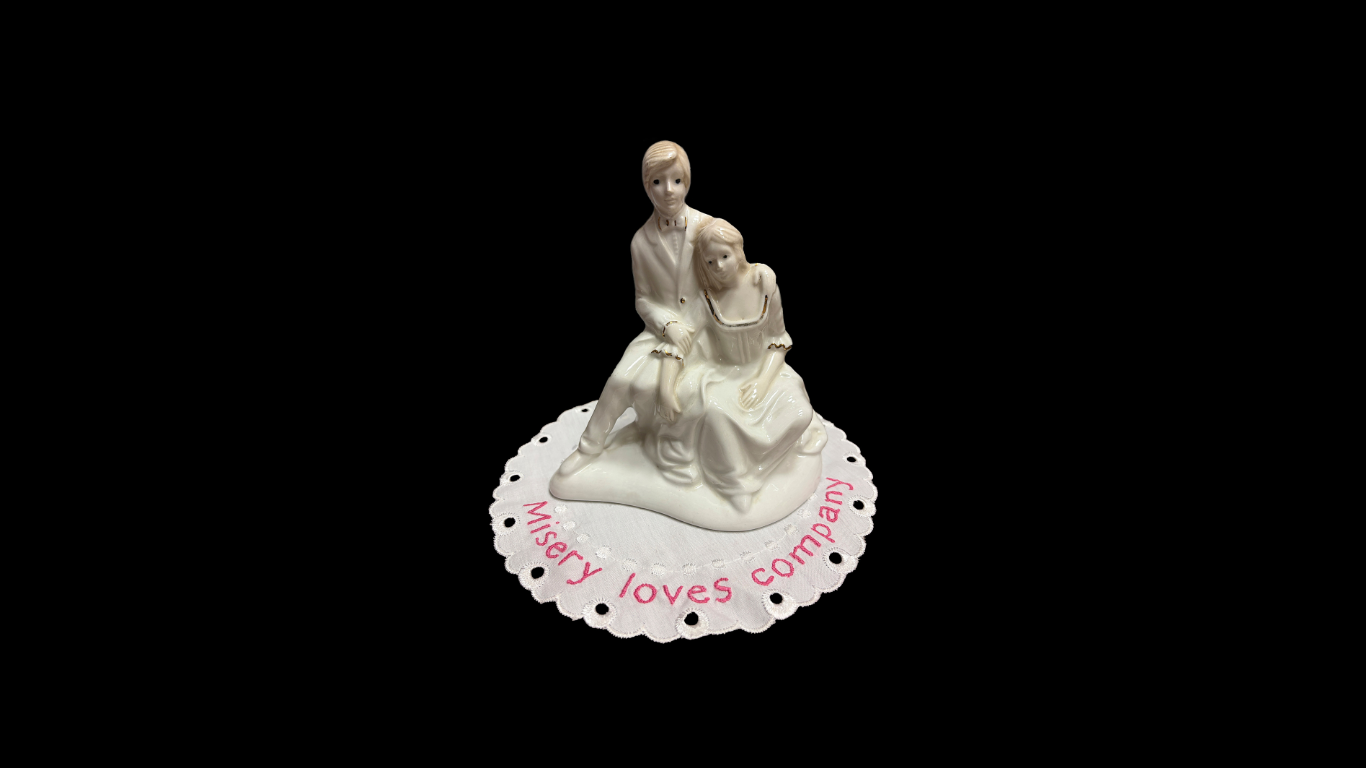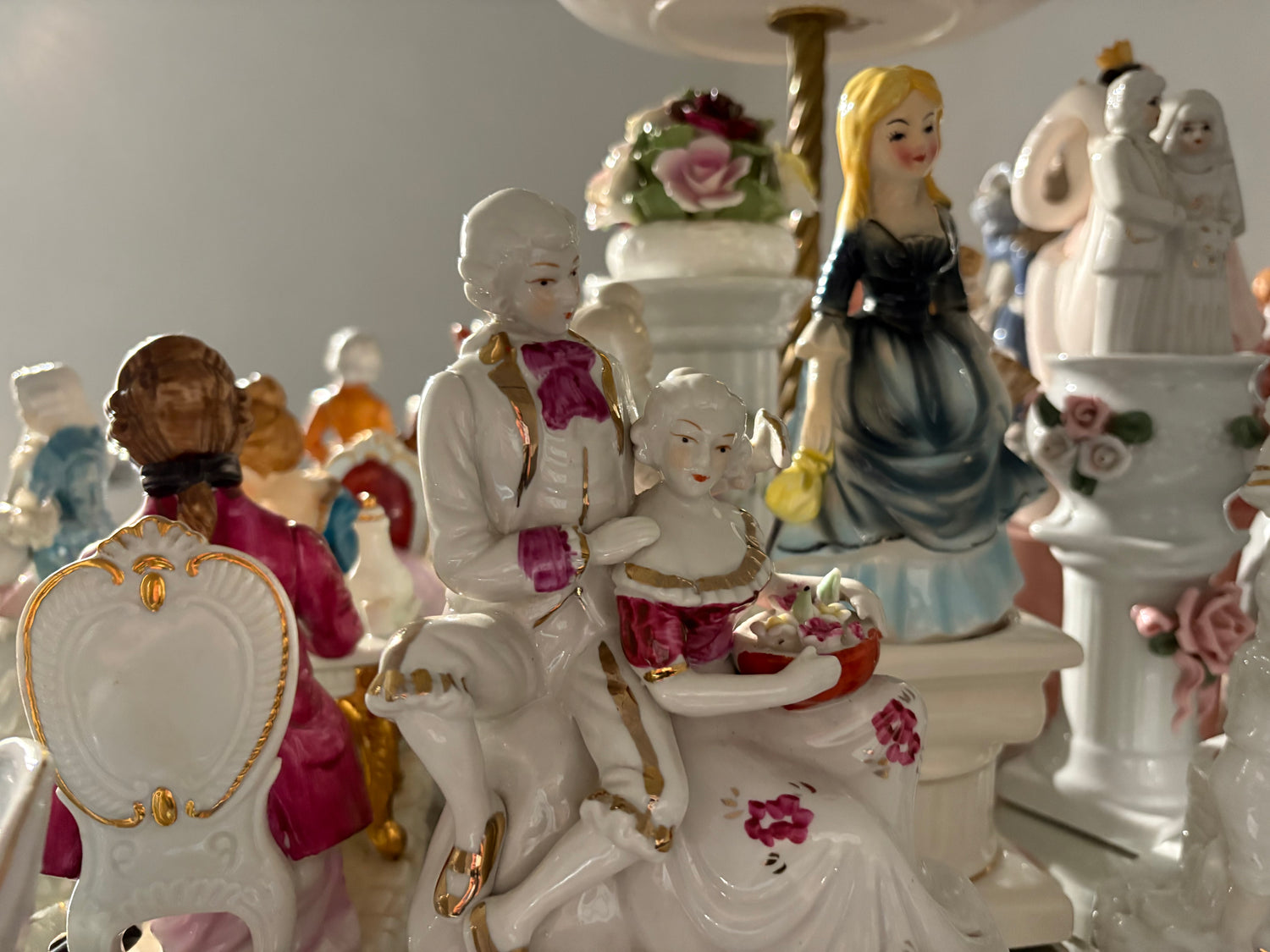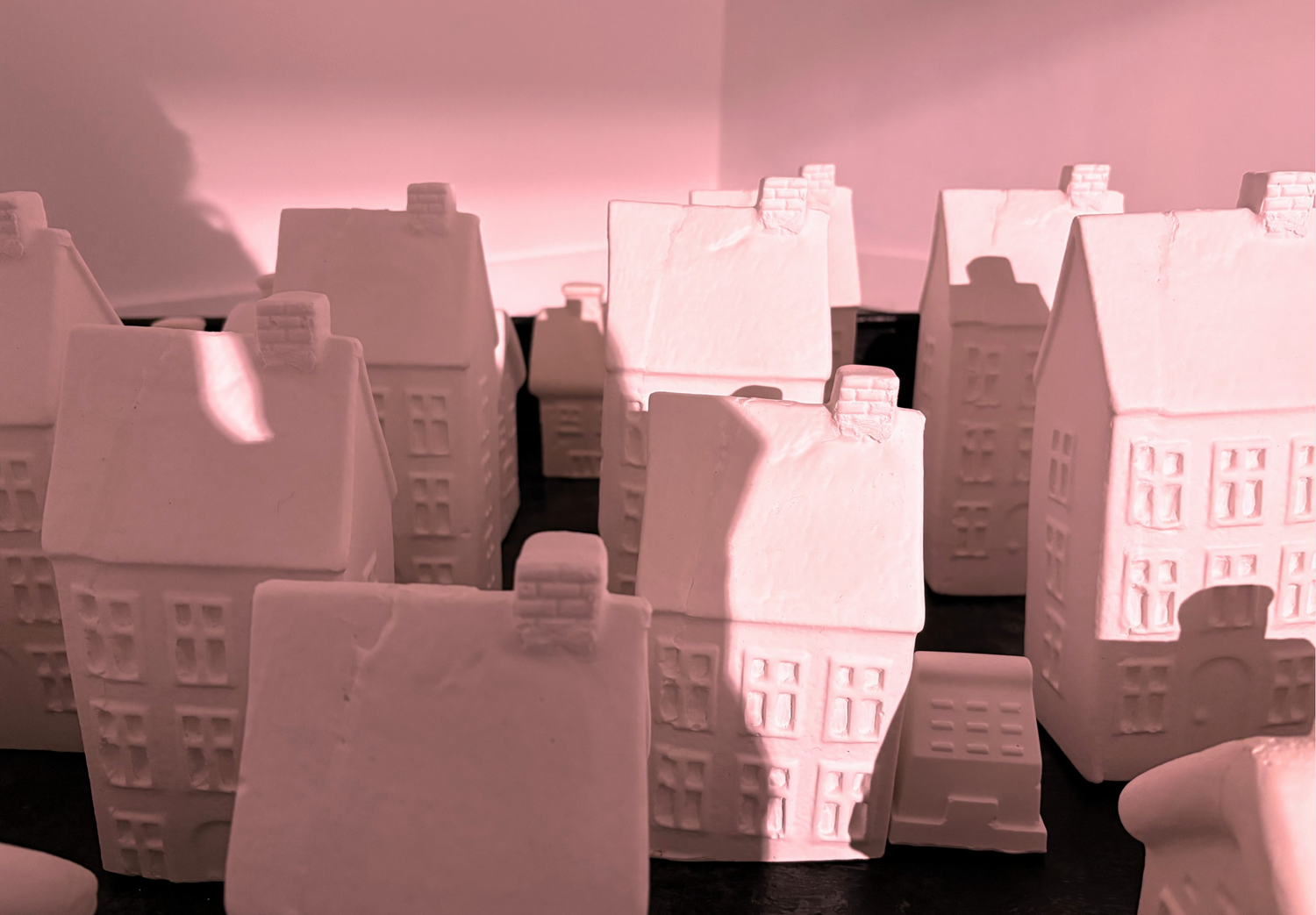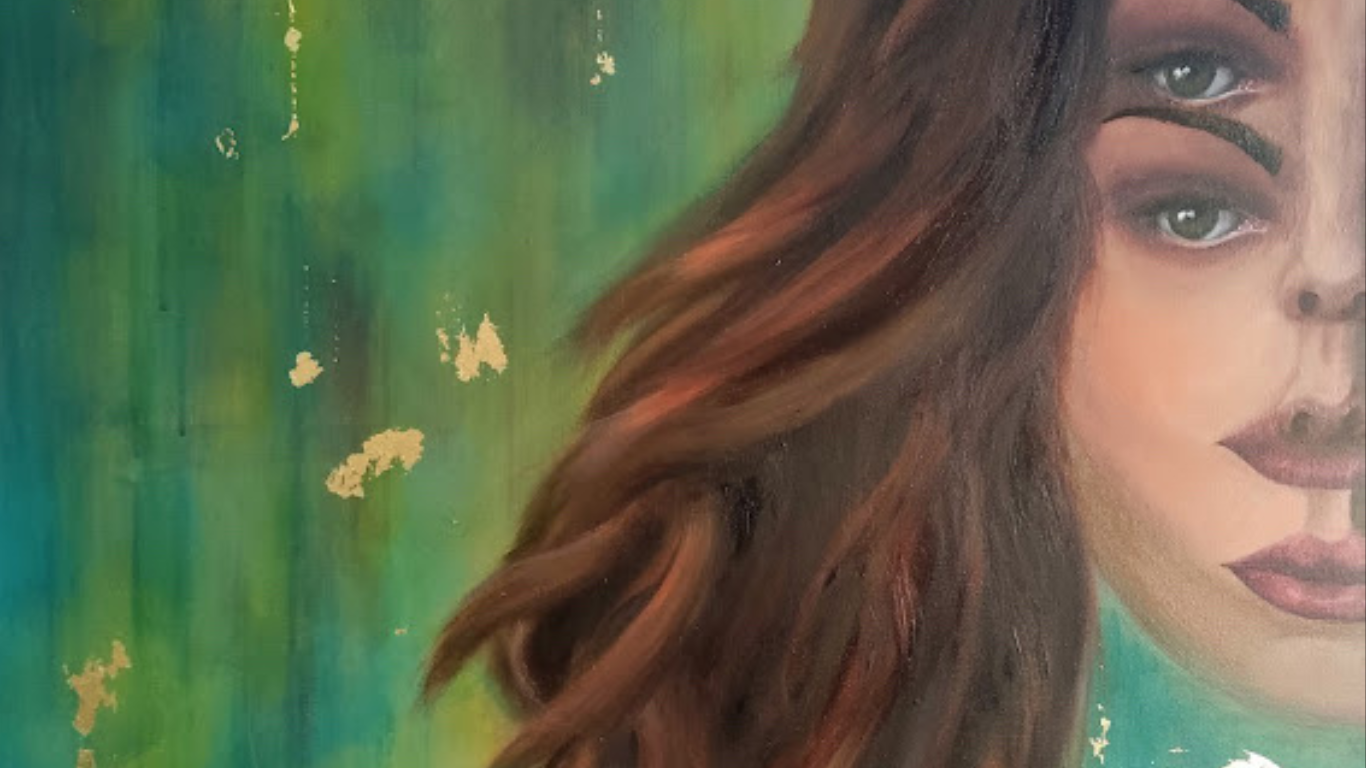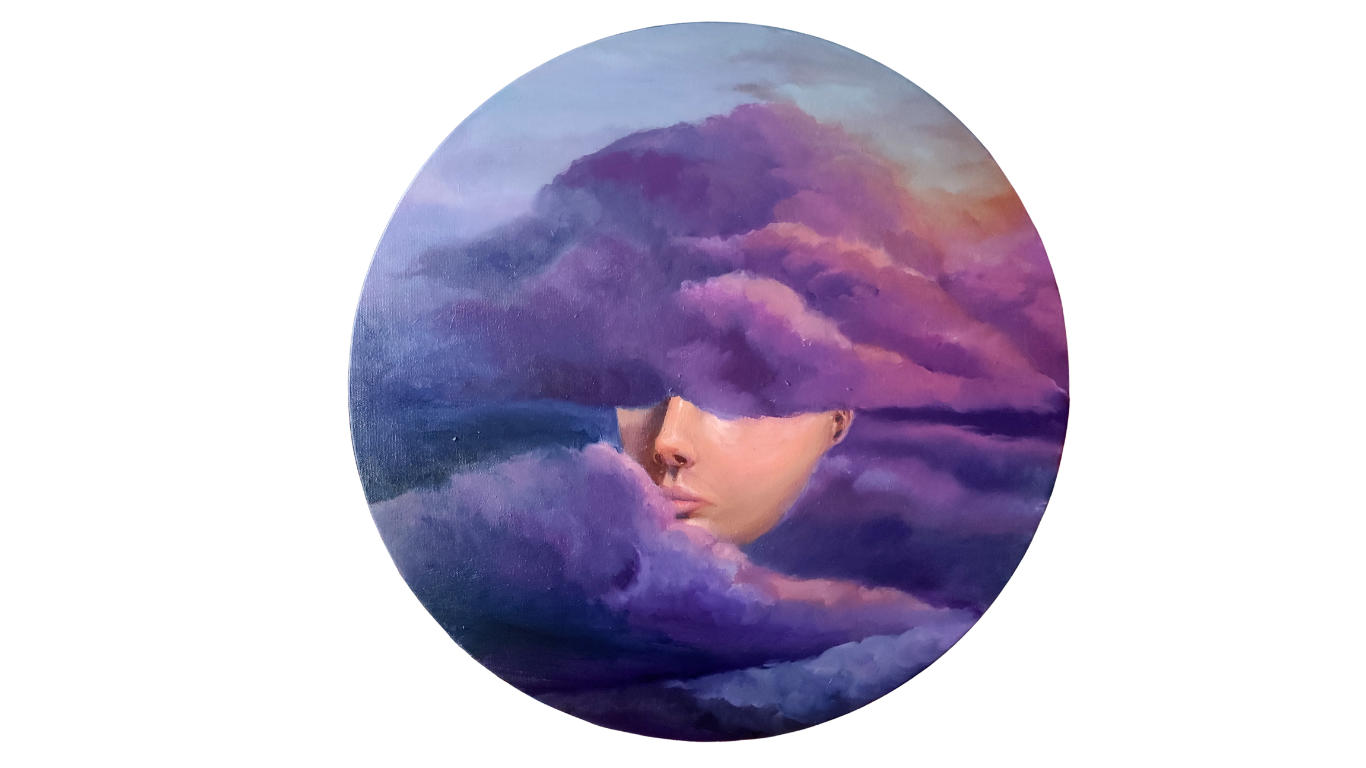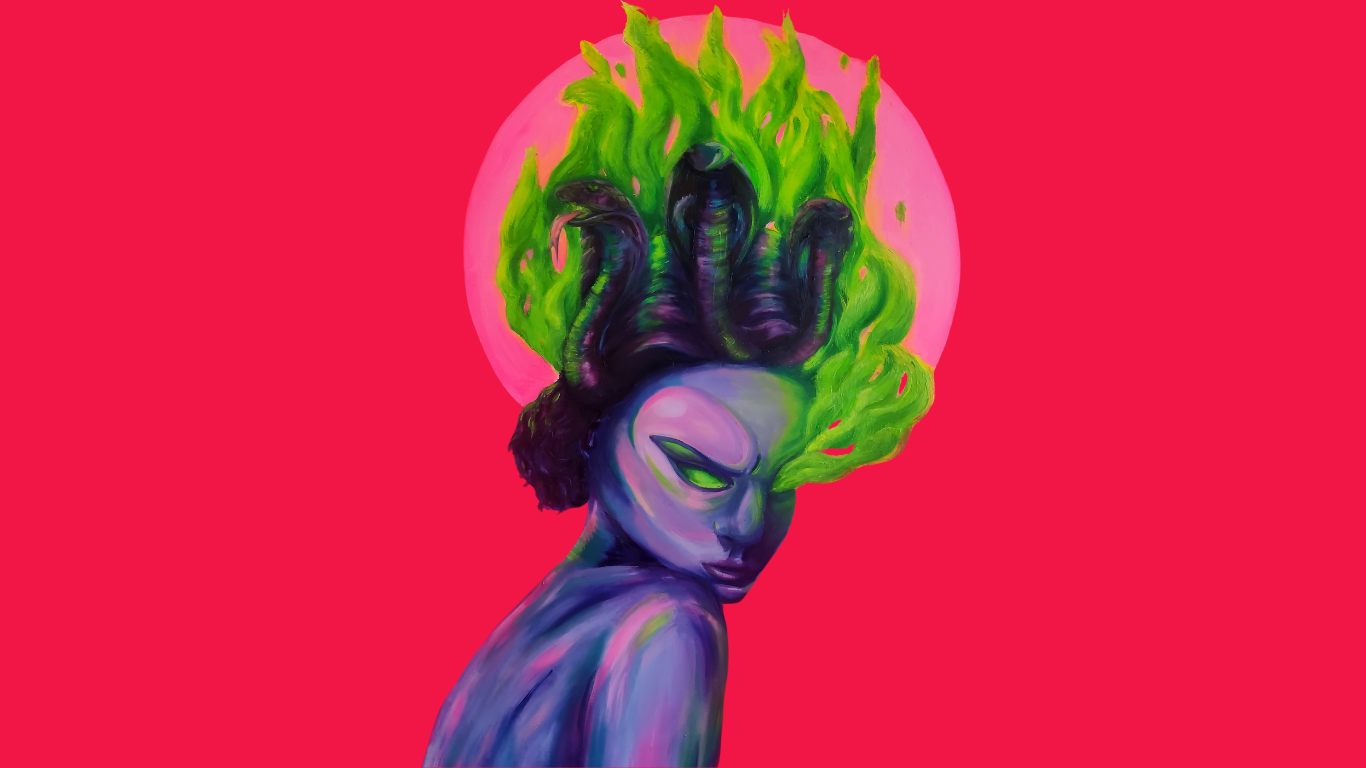images copyright The Artists
CITY OF LADIES
The Architecture of Containment
‘City of Ladies’ reimagines Christine de Pizan’s allegorical city, in a trembling, distorted form that interrogates the spatial and ideological architectures of containment—that discipline the female body.
Porcelain figurines, symbols of demureness, become precarious structures of fragility and restraint. Liquid seeps, plaster absorbs, light shifts—materials embody the tensions between memory and silence, control and defiance. Inspired in part by James M. Smith’s Architecture of Containment, the work gestures toward histories of confinement, from Magdalene laundries to the domestic sphere, revealing how state and church have weaponised space to enforce submission. Yet within these ruptured forms lie the spectres of resistance—cracks in the foundations, spaces where the constrained might yet escape.
Sarah Jayne Booth is a Cork-based multimedia artist whose practice examines gendered structures of control through experimental installation. Drawing from social history and feminist theory, her work explores how domesticity, institutional power and material culture intersect to shape narratives of oppression and resistance.
Accompanying works by Alison O'Shea isolate female features to symbolise a fragile connection between “being” and “belonging”.
This is how Alison describes her work:
"Art is a sense.
As a sense, it allows me to create images of my own world, double-vision and all; It is the sense that informs my shaking hand to follow my nystagmic eye.
Shakiness is normal. Perfection is a lie.
I use oversaturated palettes and double-vision to represent the abnormality in the heavily edited standards of beauty that surround us; The delineation of the female form as poreless with perfect teeth and dead eyes.
My portraits are inspired by the glossy magazine covers with captions that tell me that I am not thin enough, that I am not wealthy enough, that I am not successful enough.
That I am not enough.
My work wants to tell you that we are more than enough. We contain multitudes more than can be placed into one single or double image.
I hope to share my imperfect works with you.
May we find kinship in our flaws."
